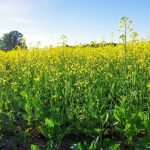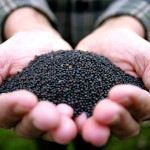In today’s bad news/good news ledger of pulse crop diseases, the bad news is there’s still no quick fix for controlling root rot in field peas and lentils. On the good news side, there are management options that help reduce the risk, research is narrowing in on some treatments that may help control the disease, […] Read more









